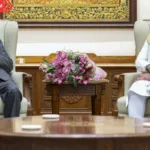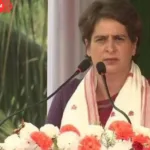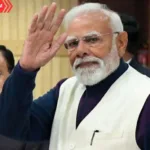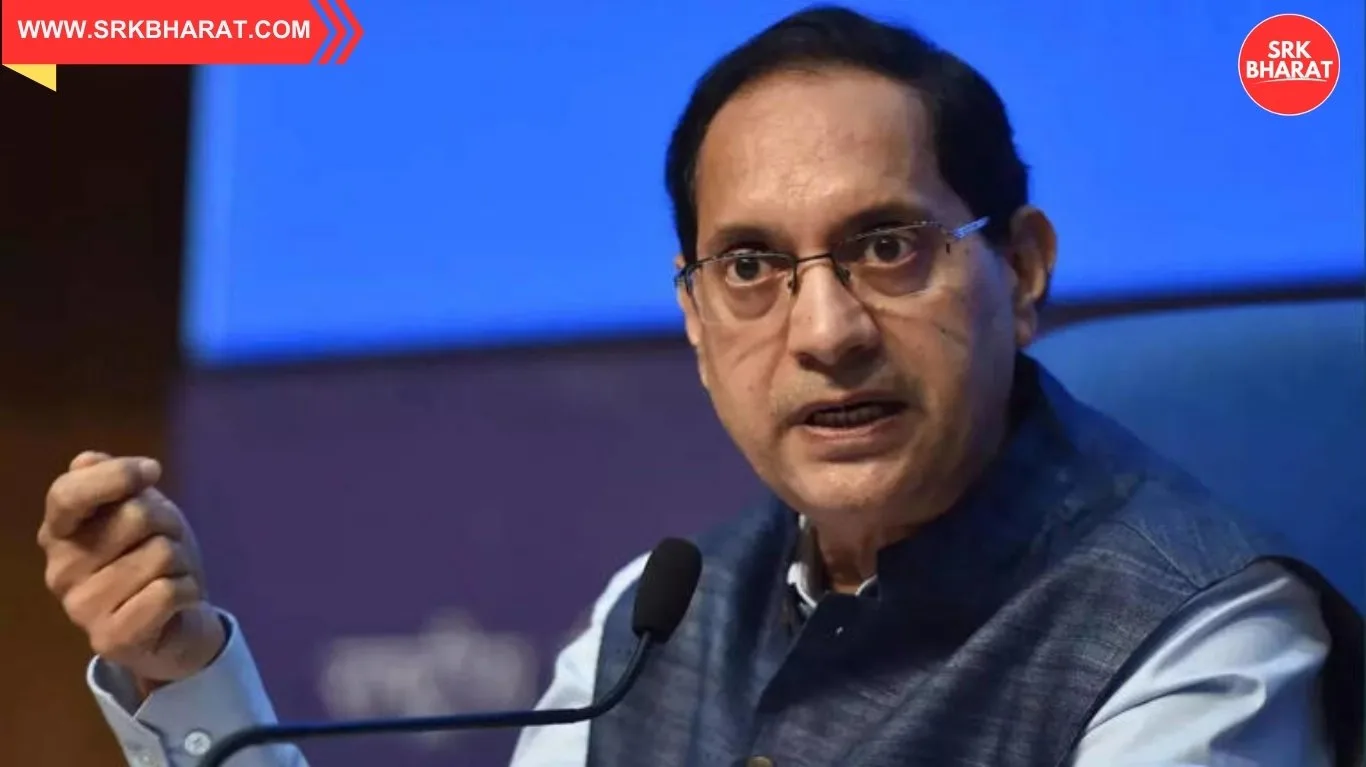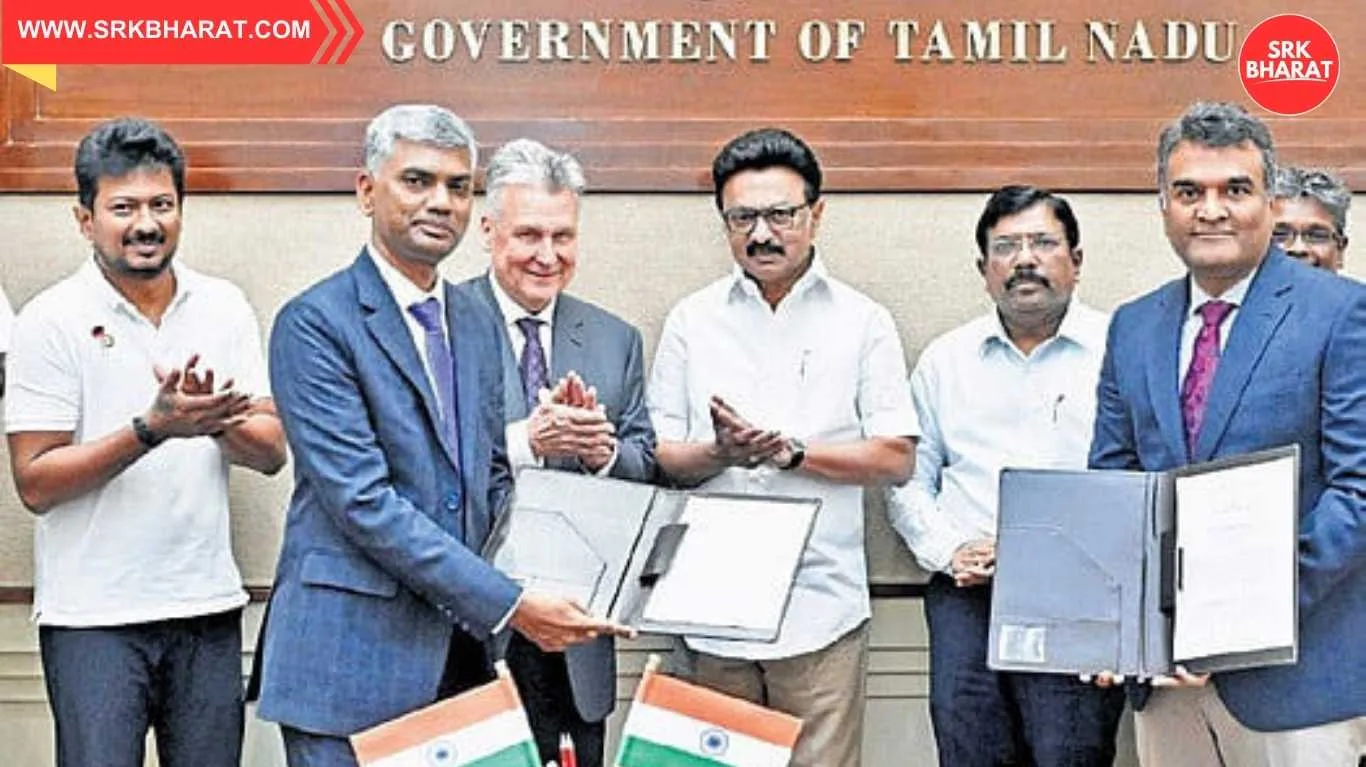In a strategic boost to India’s global trade ambitions, Switzerland has formally ratified the India-EFTA (European Free Trade Association) Trade and Economic Partnership Agreement, clearing the path for one of India’s most comprehensive free trade pacts in recent years. The ratification signals Europe’s confidence in India’s growth potential while unlocking multi-billion-dollar opportunities across key sectors.
What Is The India-EFTA Trade Pact?
The EFTA comprises Switzerland, Norway, Iceland, and Liechtenstein. The India-EFTA TEPA (Trade and Economic Partnership Agreement), signed earlier in 2024, is a landmark deal with these non-EU European economies that:
- Aims to enhance trade flows, services cooperation, investments, and technology exchange.
- Provides preferential market access for Indian exporters in sectors like pharmaceuticals, textiles, engineering goods, and IT services.
- Offers assured investments from EFTA countries worth USD 100 billion over 15 years in India, as per government estimates.
Key Highlights Of The Agreement
| Feature | Details |
|---|---|
| Market Access | Significant tariff reduction on Indian goods, especially pharma, engineering, and gems & jewellery exports. |
| Investment Commitments | EFTA nations to invest $100 billion in manufacturing, renewables, R&D, and infrastructure projects in India. |
| Services Sector Boost | Facilitates smoother cross-border movement of IT, consulting, and financial services professionals. |
| IPR Cooperation | Enhanced protection for Indian pharma generics in Europe while safeguarding India’s policy flexibilities. |
| Sustainability Chapter | Includes commitments on environmental standards, labour rights, and green technology cooperation. |
Why Is Switzerland’s Ratification Crucial?
Switzerland is the largest economy within EFTA, accounting for nearly 90% of its GDP. Its ratification effectively ensures:
- Full operationalisation of the deal, paving the way for Norwegian, Icelandic, and Liechtenstein ratifications to follow.
- Early initiation of investment proposals, especially in precision engineering, pharma research, and clean energy partnerships.
- Strengthening of India’s position as a manufacturing hub for European supply chains seeking China+1 diversification.
India’s Current Trade With EFTA
| Country | 2023-24 Trade Value (USD Billion) | Major Exports From India | Major Imports To India |
|---|---|---|---|
| Switzerland | 17.5 | Gems & jewellery, pharma, textiles | Gold, machinery, chemicals |
| Norway | 1.3 | Vehicles, machinery, seafood | Crude oil, fertilisers |
| Iceland | 0.07 | Textiles, auto components | Fish, aluminium |
| Liechtenstein | Minimal | Pharma intermediates | Industrial machinery |
The trade deal is expected to more than double India’s trade with EFTA countries over the next decade, especially driven by Swiss investments in high-value sectors.
Economic Impact: What Does It Mean For India?
- Boost To Exports: Reduced tariffs will make Indian products more competitive, particularly gems & jewellery, generic drugs, auto components, and IT services in EFTA markets.
- Jobs & Skill Development: Swiss and Nordic investments in India’s precision manufacturing, green hydrogen, and pharmaceutical R&D will create thousands of skilled employment opportunities.
- Technology Transfer: The pact enables collaborations in medtech, clean energy storage, EV battery research, and food processing innovations.
- MSME Benefits: Indian MSMEs in textiles, engineering goods, and processed foods gain better market access through simplified regulatory compliance frameworks.
What Do Industry Leaders Say?
- CII Director General: “This is a historic win for India’s manufacturing sector. The investment commitments will catalyse Make in India 2.0 and Atmanirbhar Bharat initiatives.”
- FIEO President: “Tariff concessions for Indian exporters, combined with technology inflows, can transform competitiveness across sectors.”
- Pharma Sector CEO Panel: “We welcome strong IPR enforcement balanced with safeguards. It ensures affordable generics supply to EFTA while protecting our manufacturing edge.”
Geopolitical And Strategic Significance
This agreement:
- Strengthens India’s ties with neutral European economies amid global trade polarisation.
- Counters China’s influence in Eurasian markets by positioning India as a preferred manufacturing and services partner.
- Sets a positive precedent for upcoming FTAs with the UK, EU, and Australia.
Challenges Ahead
While promising, operationalising the pact will require:
- Timely approval by Norway, Iceland, and Liechtenstein parliaments.
- India’s readiness to match Swiss and Nordic regulatory standards in quality, sustainability, and labour laws.
- Addressing concerns of domestic dairy and sensitive manufacturing sectors, which fear import surges.
Next Steps
India’s Commerce Ministry is set to:
- Constitute a high-level joint implementation task force with EFTA countries to finalise sectoral cooperation frameworks by September 2025.
- Host an India-EFTA Business Leaders Forum in New Delhi this December to fast-track investment proposals.
- Roll out export facilitation workshops for MSMEs to capitalise on new market opportunities.
Conclusion
Switzerland’s ratification of the India-EFTA mega trade pact is more than a diplomatic milestone; it is a strategic catalyst that could reshape India’s trade architecture, infuse high-tech investments, and accelerate its path towards becoming a USD 5 trillion economy. As the global economic order reconfigures, India’s proactive trade diplomacy continues to unlock new corridors for sustainable and inclusive growth.
Disclaimer: This news content is based on government statements, industry reactions, and expert analysis. It is intended for informational purposes only and does not constitute financial or investment advice. Readers are advised to consult official government releases and trade notifications for precise policy updates and sectoral implications.

